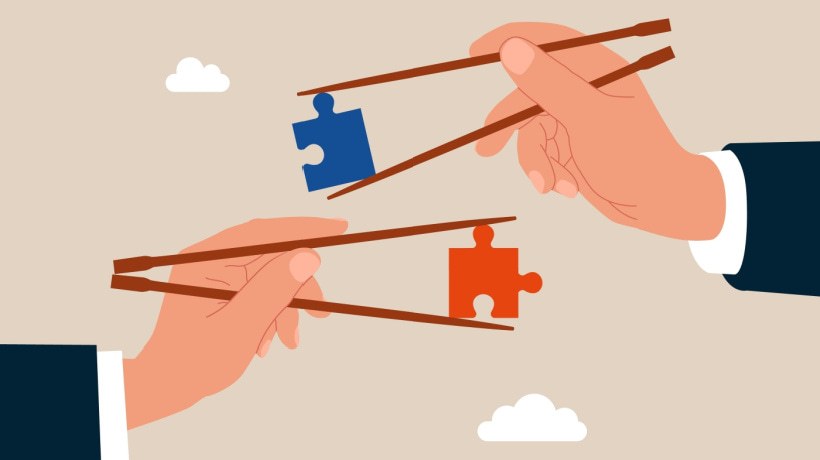
"Microlearning is a training method based on short, targeted, and easy-to-consume content. Unlike traditional learning courses, which often require several hours of study, microlearning focuses on a single concept at a time and relies on repetition. For example, a sales representative can take small quizzes on their phone between client meetings to strengthen their knowledge of products or services. Or a student may receive two daily questions with explanations on topics covered in previous classes until exam day."
"The concept of microlearning has its roots in educational science and cognitive psychology research of the 1960s-1970s. Several studies showed that learning is more effective when broken down into small, easily digestible units. Hermann Ebbinghaus's "forgetting curve" theory (late 19th century) had already demonstrated that memory quickly fades if knowledge is not regularly reinforced, paving the way for short, repeated formats to optimize retention."
Microlearning delivers short, targeted, easily consumable lessons that concentrate on one concept at a time and use repetition to boost retention. Microlearning integrates into busy professional schedules and addresses immediate needs through brief activities like phone quizzes, daily question prompts, or weekly safety content. The method improves knowledge retention and makes learning actionable and concrete. Microlearning traces its roots to mid-20th-century educational science and cognitive psychology and builds on Hermann Ebbinghaus's forgetting curve, which shows memory loss without reinforcement. The rise of digital learning, smartphones, video platforms, and LMS tools in the 2000s accelerated adoption and distribution of microlearning formats.
Read at eLearning Industry
Unable to calculate read time
Collection
[
|
...
]